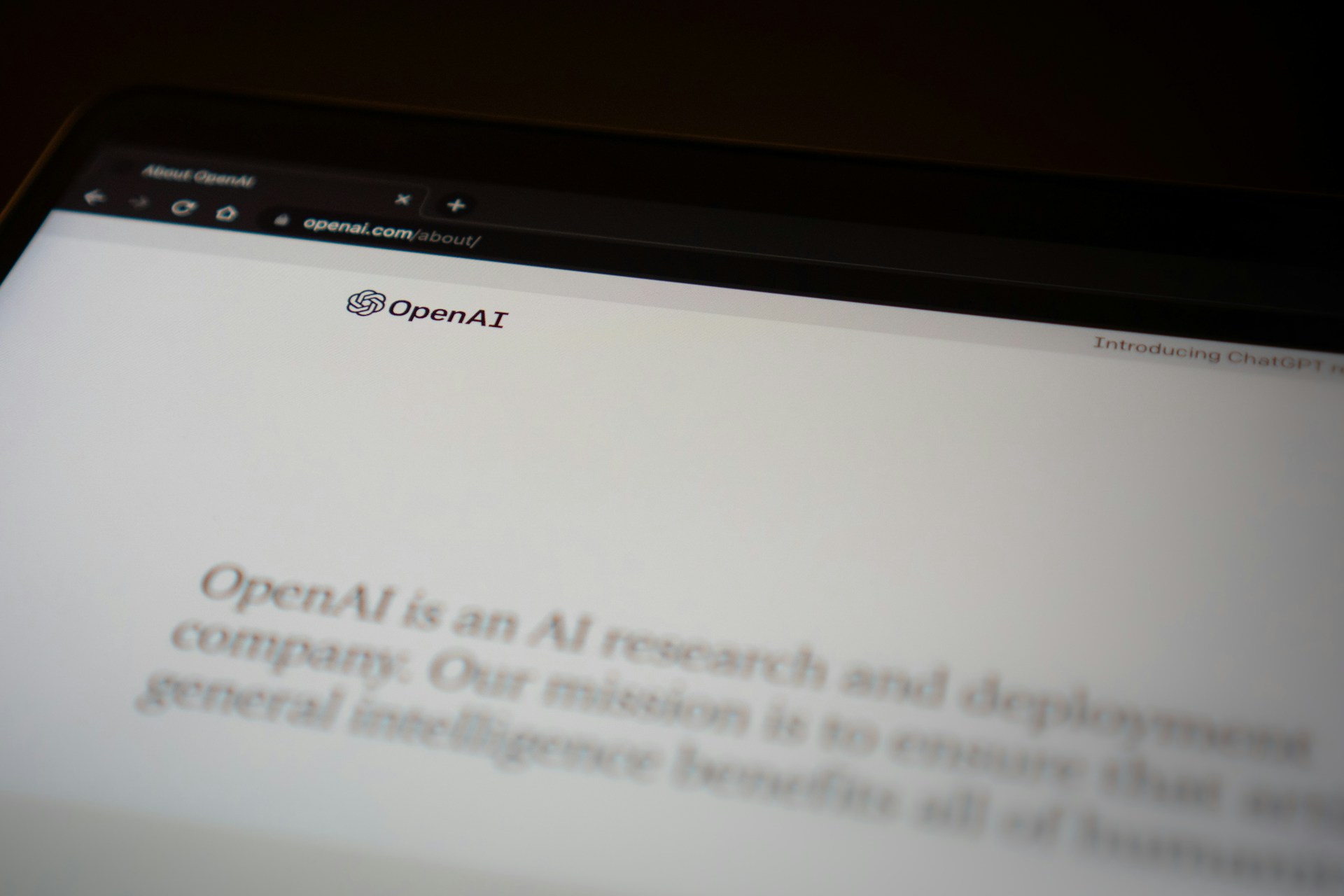The sudden death of Suchir Balaji, a 26-year-old former OpenAI researcher turned whistleblower, has raised concerns within the tech industry and beyond. Found in his San Francisco apartment on November 26, Balaji’s death was ruled a suicide by authorities, with no evidence of foul play. His passing comes just three months after he made public allegations accusing OpenAI of copyright violations in the development of its flagship artificial intelligence system, ChatGPT.
Balaji’s contributions to the legal and ethical debates surrounding AI were pivotal, and his death has left both colleagues and critics questioning the industry’s moral trajectory. OpenAI, Microsoft, and other AI companies are facing mounting scrutiny as lawsuits and whistleblower accounts pile up.
A Legacy of Controversy and Ethical Alarm
Balaji worked with OpenAI for four years, playing a central role in data gathering for training ChatGPT. However, after the tool’s release in 2022, he became increasingly concerned about potential copyright infringements involving data used in AI training. In August 2024, he resigned, citing a moral obligation to distance himself from what he perceived as harmful practices.
"I believed AI could solve unsolvable problems," Balaji told The New York Times. "Instead, I realized these technologies threaten the commercial viability of those who created the data it relies on." He argued that AI’s use of internet data violates fair use laws and harms the very businesses and individuals who produced the information.
His insights were crucial in ongoing legal battles, including a lawsuit by The New York Times against OpenAI and Microsoft. In a federal court letter filed on November 18, the outlet named Balaji as a key figure possessing “unique and relevant documents” for their case.
The Industry Reacts: Questions About Corporate Ethics
Balaji’s death has amplified concerns about the ethical practices of AI companies. OpenAI, Microsoft, and others claim that their use of data falls under fair use protections. However, Balaji remained skeptical, arguing that such defenses were implausible and insufficient to address AI’s broader impact.
Social media erupted following the news, with users divided on the implications of Balaji’s claims and his tragic end.
- @AIWatchdog: "This is a wake-up call for the entire industry. Corporate greed must be held accountable."
- @TechTruthSeeker: "Rest in peace, Suchir Balaji. A hero for AI ethics gone too soon."
- @DataRightsMatter: "Why do whistleblowers keep paying the ultimate price? This needs investigation."
- @OpenAIDefender: "Everyone wants to hate AI, but let’s not jump to conclusions about this tragedy."
- @CopyrightJustice: "Balaji exposed what many already feared. His death raises more questions than answers."
- @ElonWatch2024: "Musk’s cryptic reaction says it all. Something deeper is at play here."
What’s Next for AI Ethics?
Balaji’s death has reinvigorated calls for greater transparency and regulation in the AI industry. Critics argue that unresolved ethical concerns pose significant risks, not just to businesses but to society as a whole. OpenAI expressed devastation over Balaji’s passing, extending condolences to his family.
As the debate over AI ethics intensifies, Balaji’s warnings serve as a stark reminder of the complexities and challenges in balancing technological innovation with moral responsibility.



 USTR Launches New Section 301 Trade Investigations After Supreme Court Tariff Ruling
USTR Launches New Section 301 Trade Investigations After Supreme Court Tariff Ruling  Santos Wins Court Case Over Net Zero and Sustainability Claims
Santos Wins Court Case Over Net Zero and Sustainability Claims  U.S. Blocks Venezuela From Funding Nicolas Maduro’s Legal Defense in New York Drug Trafficking Case
U.S. Blocks Venezuela From Funding Nicolas Maduro’s Legal Defense in New York Drug Trafficking Case  Supreme Court Reviews Trump Administration Policies on Tariffs, Immigration, and Federal Power
Supreme Court Reviews Trump Administration Policies on Tariffs, Immigration, and Federal Power  Panama Investigates CK Hutchison’s Port Unit After Court Voids Canal Contracts
Panama Investigates CK Hutchison’s Port Unit After Court Voids Canal Contracts  South Korean Court to Deliver Landmark Verdict in Yoon Suk Yeol Insurrection Case
South Korean Court to Deliver Landmark Verdict in Yoon Suk Yeol Insurrection Case  Medical Groups Sue FTC Over Gender-Affirming Care Investigations Amid Trump Policy Dispute
Medical Groups Sue FTC Over Gender-Affirming Care Investigations Amid Trump Policy Dispute  Does international law still matter? The strike on the girls’ school in Iran shows why we need it
Does international law still matter? The strike on the girls’ school in Iran shows why we need it  Federal Court Fines Mobil Oil Australia A$16 Million for Misleading Fuel Claims
Federal Court Fines Mobil Oil Australia A$16 Million for Misleading Fuel Claims  Texas Attorney General Ken Paxton Sues Sanofi Over Alleged Healthcare Bribery Scheme
Texas Attorney General Ken Paxton Sues Sanofi Over Alleged Healthcare Bribery Scheme  FedEx Faces Class Action Lawsuit Over Tariff Refunds After Supreme Court Ruling
FedEx Faces Class Action Lawsuit Over Tariff Refunds After Supreme Court Ruling  JPMorgan Closes Trump Accounts as $5 Billion Lawsuit Moves to New York
JPMorgan Closes Trump Accounts as $5 Billion Lawsuit Moves to New York  Moderna to Pay Up to $2.25B to Settle LNP Patent Dispute Over COVID-19 Vaccine Technology
Moderna to Pay Up to $2.25B to Settle LNP Patent Dispute Over COVID-19 Vaccine Technology  Top Democrat Accuses DOJ of Withholding FBI Records in Trump-Epstein Investigation
Top Democrat Accuses DOJ of Withholding FBI Records in Trump-Epstein Investigation  Yoon Suk Yeol Apologizes After Life Sentence for Martial Law Decree in South Korea
Yoon Suk Yeol Apologizes After Life Sentence for Martial Law Decree in South Korea  California Seeks Court Order to Halt Amazon’s Alleged Price Inflation Practices
California Seeks Court Order to Halt Amazon’s Alleged Price Inflation Practices 































